From 2022 to present, the highland communes and ethnic minority areas of Bac Binh district have not recorded any cases of malaria.
20 months without malaria cases
Four ethnic minority communes in Bac Binh district, such as Phan Son, Phan Lam, Phan Tien, and Phan Dien, are classified as areas with heavy malaria transmission. These are also places where people often go to the forest, sleep in fields and stay overnight; seasonal workers from areas without malaria, areas with mild malaria transmission to areas with moderate and heavy malaria transmission, have the potential to spread and cause an outbreak. Of which, two key malaria communes, Phan Son and Phan Tien, are at risk of an epidemic at the commune and village levels. However, from January 2022 to now, for 20 months, the above communes have not recorded any malaria cases. This is a bright spot in malaria prevention work in ethnic minority areas in Bac Binh.
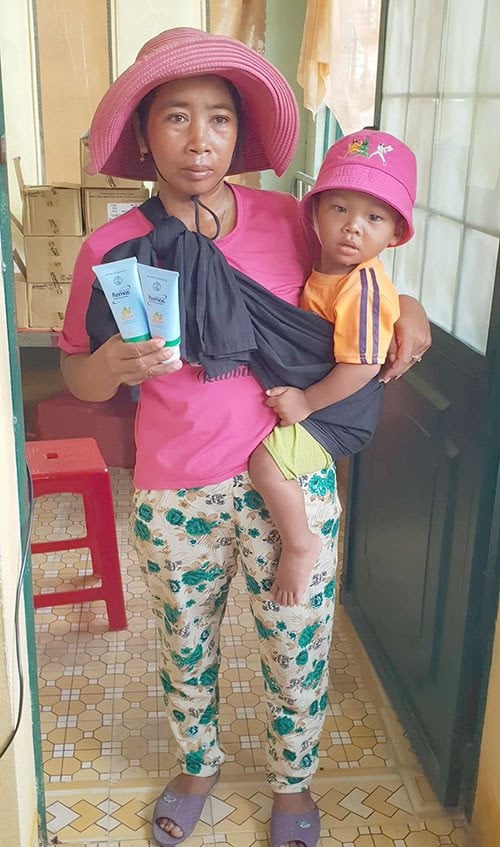
Dr. Huynh Van Lam - Deputy Director of Bac Binh Medical Center said: Malaria transmission season is mainly in the rainy season, from June to November every year. The number of cases has decreased significantly, many months have not recorded any cases thanks to the attention of the Department of Health, local authorities, the Central Institute of Malaria - Parasitology - Entomology, Quy Nhon and the activities of the Global Fund for Malaria Prevention project and the efforts of medical staff with specific actions. Regularly taking blood smears to find malaria parasites; monitoring and managing cases well; the RAI3E project has sponsored long-lasting insecticide-treated mosquito nets and hammocks to cover all communes in areas with heavy malaria circulation. In addition, people's awareness of disease prevention and control is increasingly raised.
Awareness raising communication
Although the malaria situation in ethnic minority communes is stable, there are still many potential risk factors. Because the lives of people in the above communes are still difficult, uncontrolled spontaneous migration, population movement from other provinces; between localities in the province from areas where malaria is no longer circulating to areas where malaria is circulating to exploit forest products. The difficulties that greatly affect the current malaria prevention and elimination work are the difficulties in monitoring and managing groups of mobile people. The practice of working in the forest, farming and sleeping overnight often has a low rate of using mosquito nets and personal protection measures in areas with high malaria circulation and drug-resistant parasites. Abnormal weather changes cause the recovery of malaria-transmitting mosquitoes, resistance to chemicals of malaria mosquitoes... In addition, investment resources for malaria prevention, control and elimination programs are limited, gradually decreasing compared to actual needs. That is what Dr. Lam shared.
To eliminate malaria according to the roadmap, the health sector and localities have implemented many synchronous solutions. For example, propaganda in the community; ensuring timely supply of malaria drugs; monitoring and investigating cases, disease outbreaks, malaria hotspots in key communes; promptly monitoring and controlling the malaria situation in fluctuating areas... One of the key solutions is to focus on communicating to high-risk groups, migrants to areas with malaria circulation to raise community awareness of this disease. According to Ms. Mo Nga - a resident of Phan Son (Bac Binh), through propaganda on malaria prevention and control, Ms. Nga grasps and remembers the prevention and control measures and will convey and remind people around her. Anyone who goes to the fields and forests must wear a mosquito net and sleep under a mosquito net. Families with people with malaria must go to a medical facility.
Source




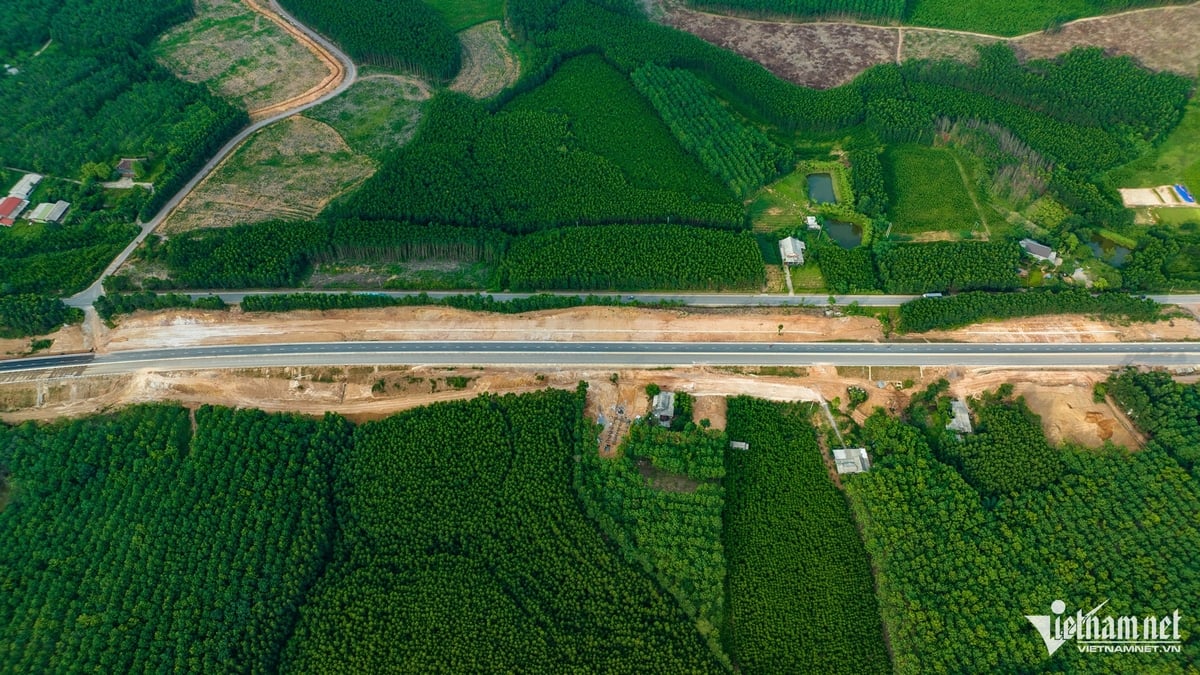









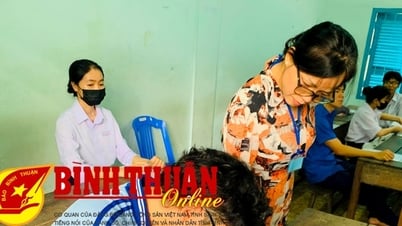




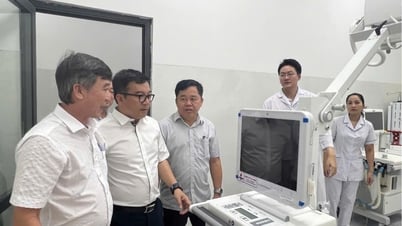


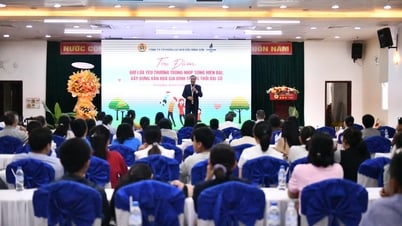



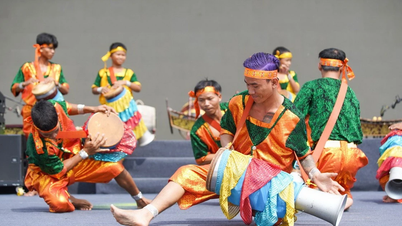



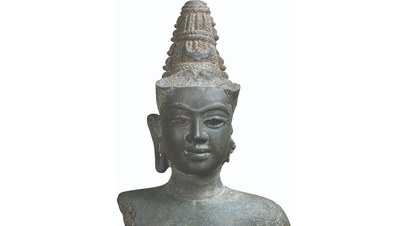











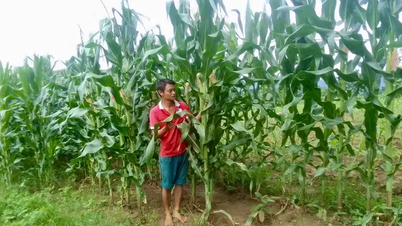

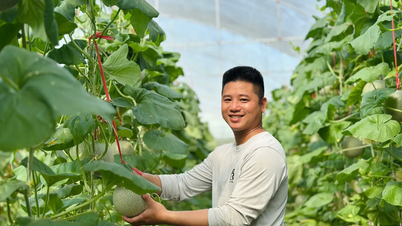


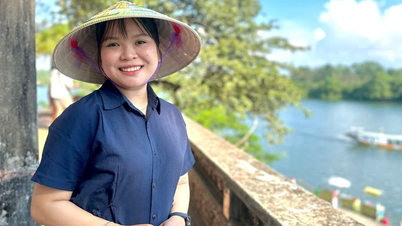









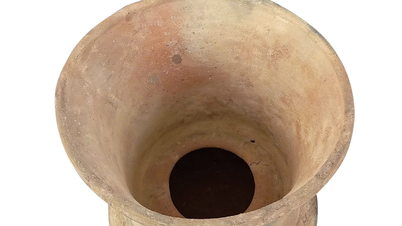

![[Infographic] Circular guiding the functions, tasks and powers of the provincial Department of Culture, Sports and Tourism and the commune-level Department of Culture and Social Affairs](https://vphoto.vietnam.vn/thumb/402x226/vietnam/resource/IMAGE/2025/6/29/877f24989bb946358f33a80e4a4f4ef5)







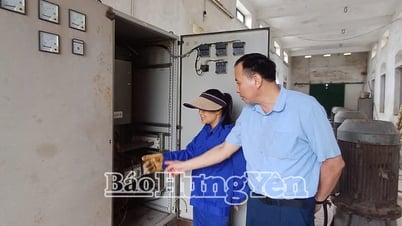





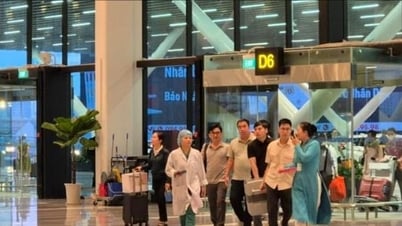















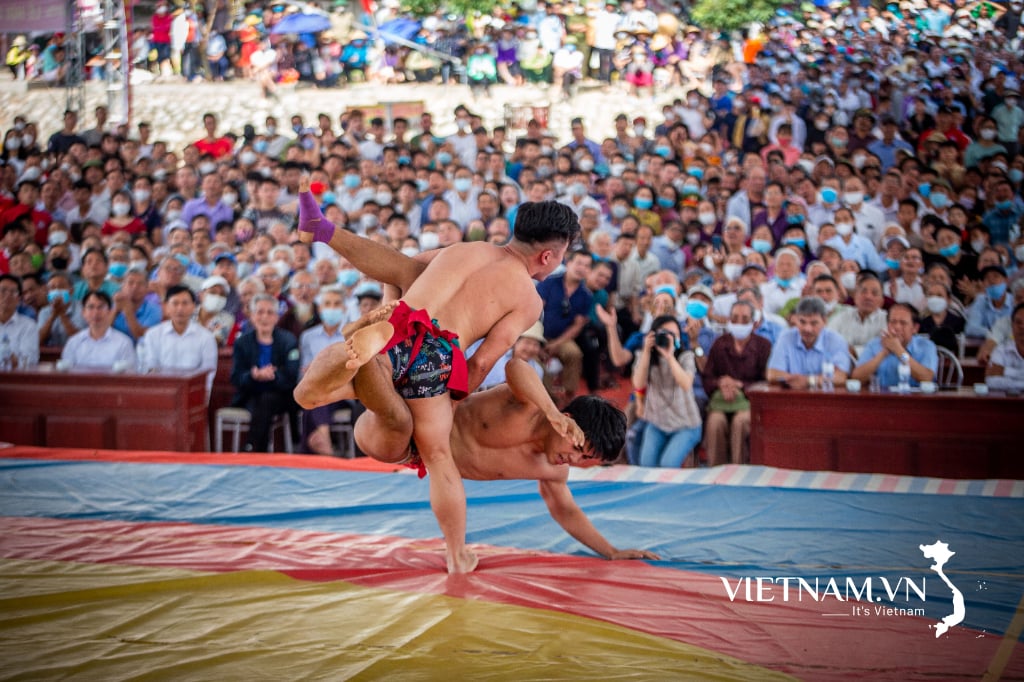
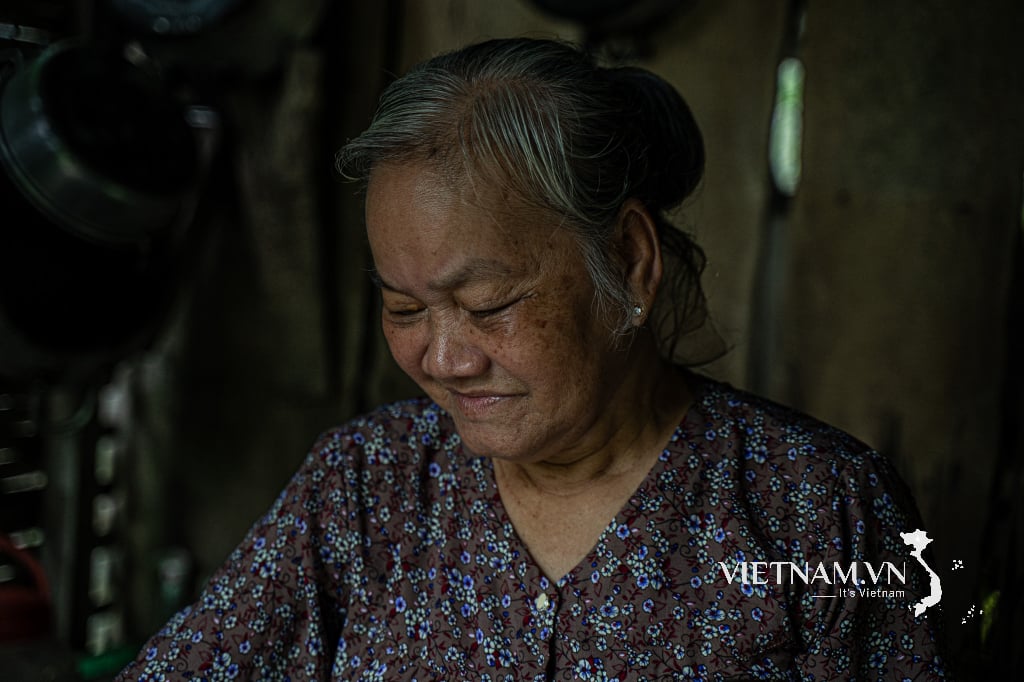


Comment (0)